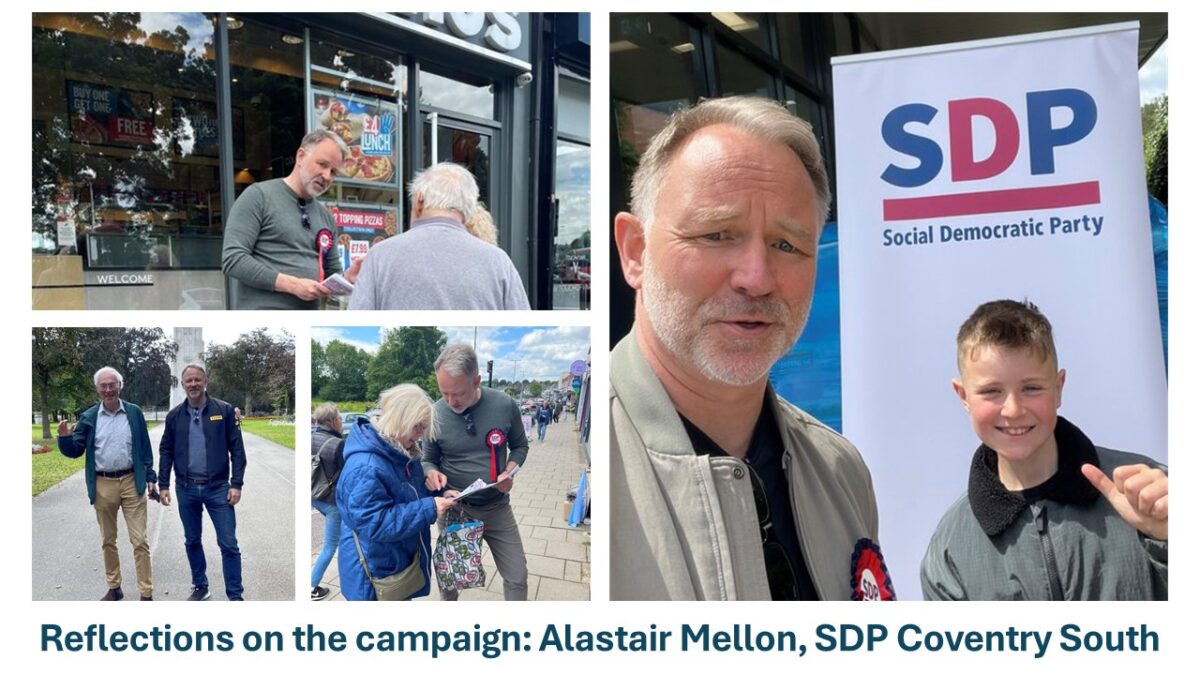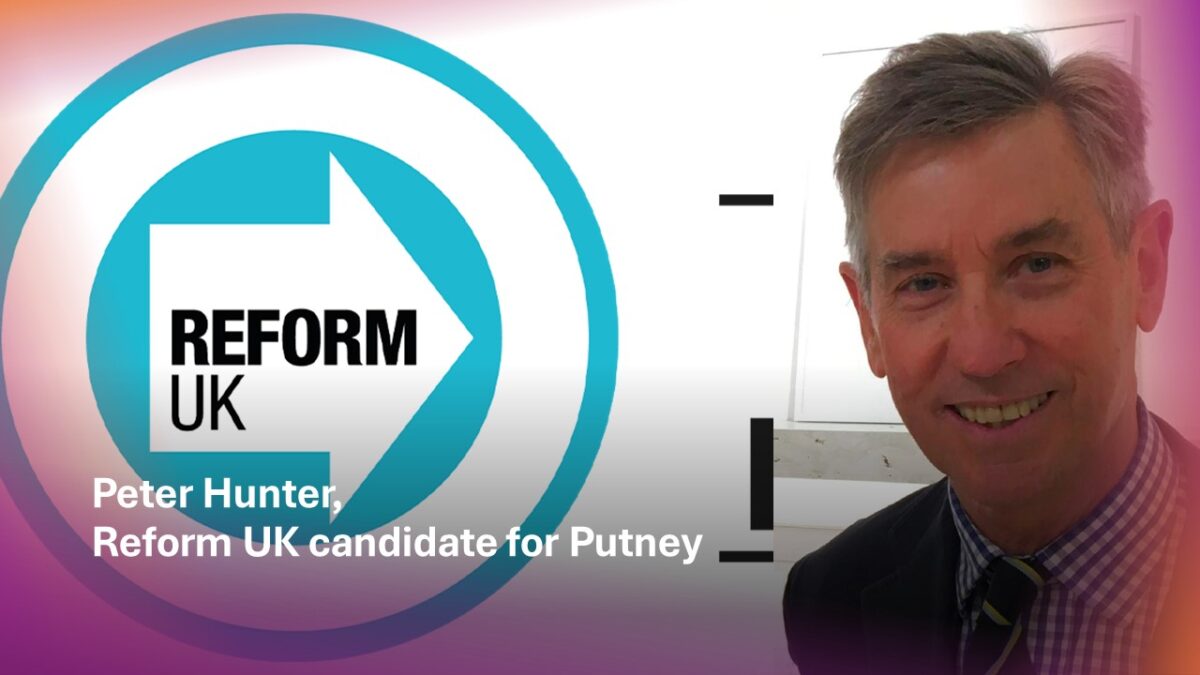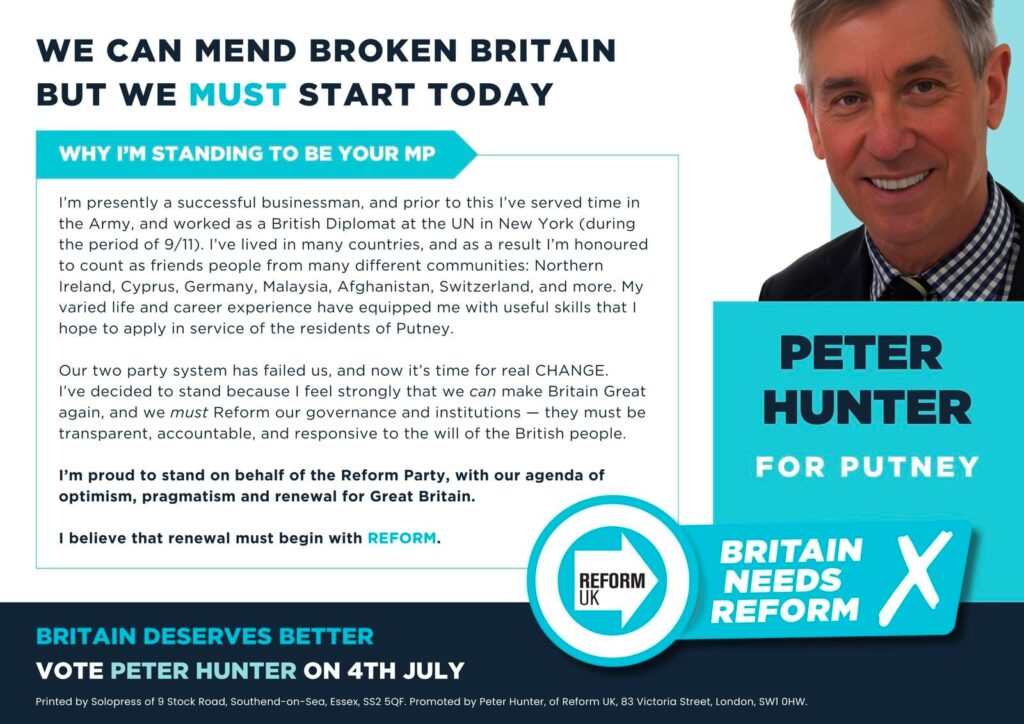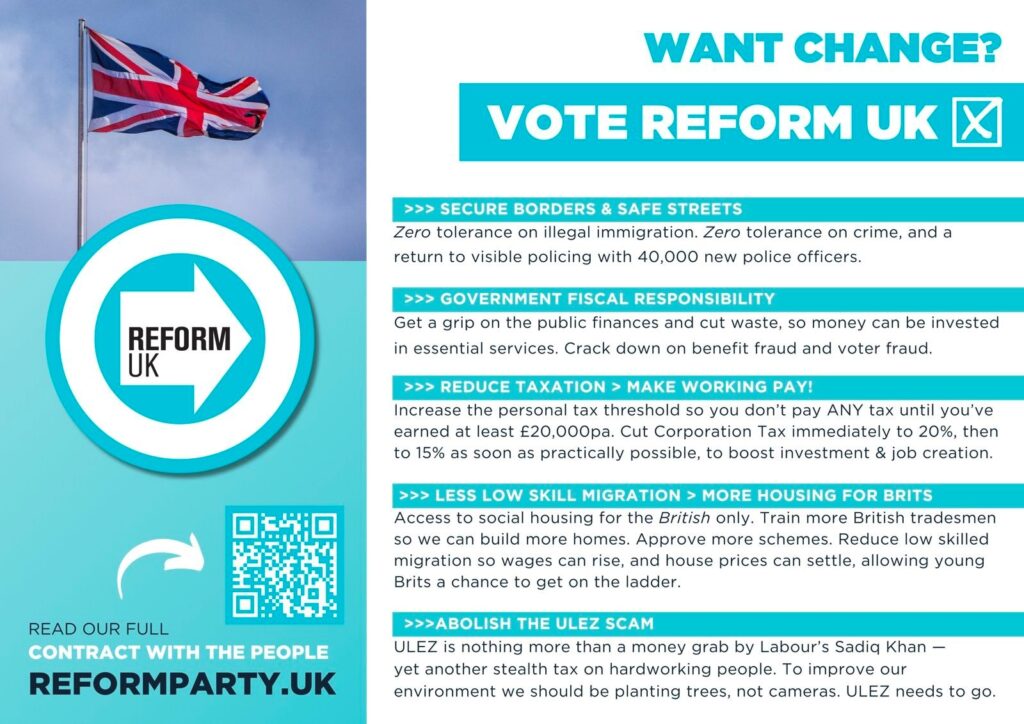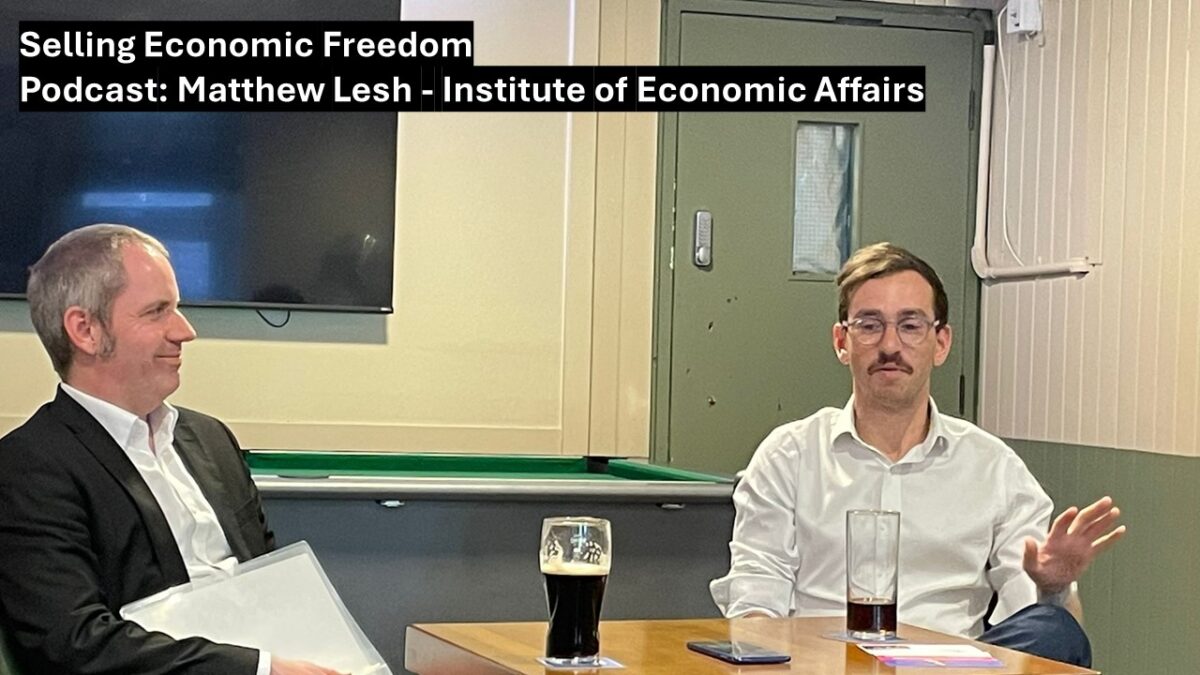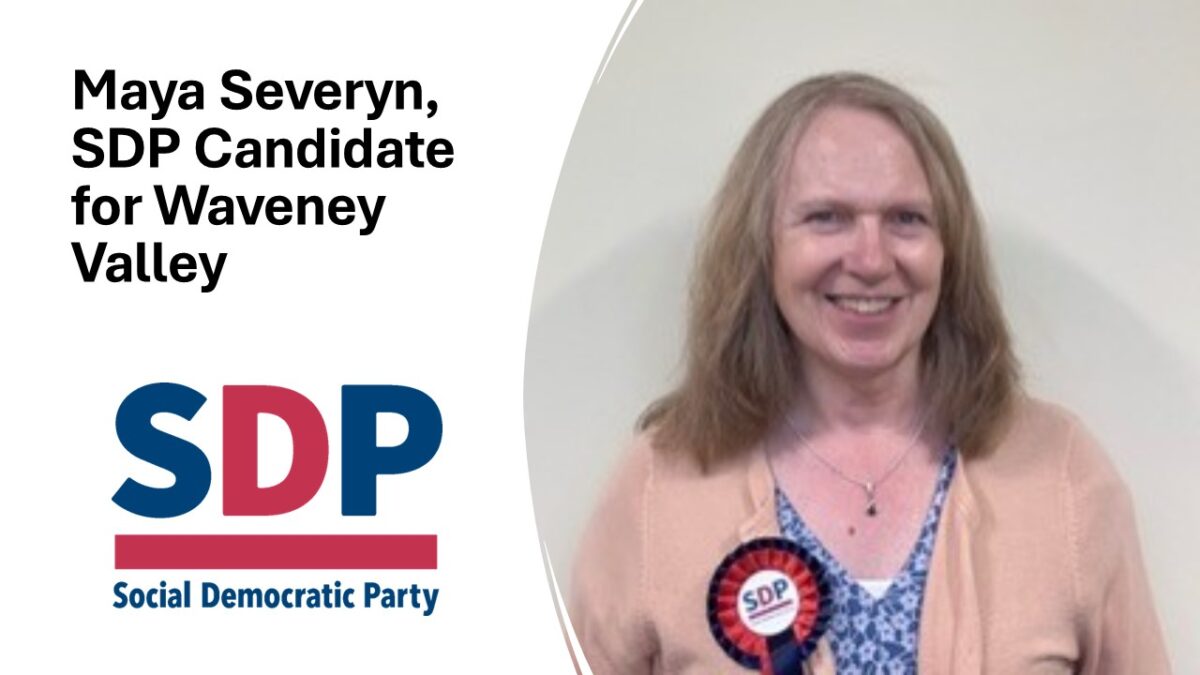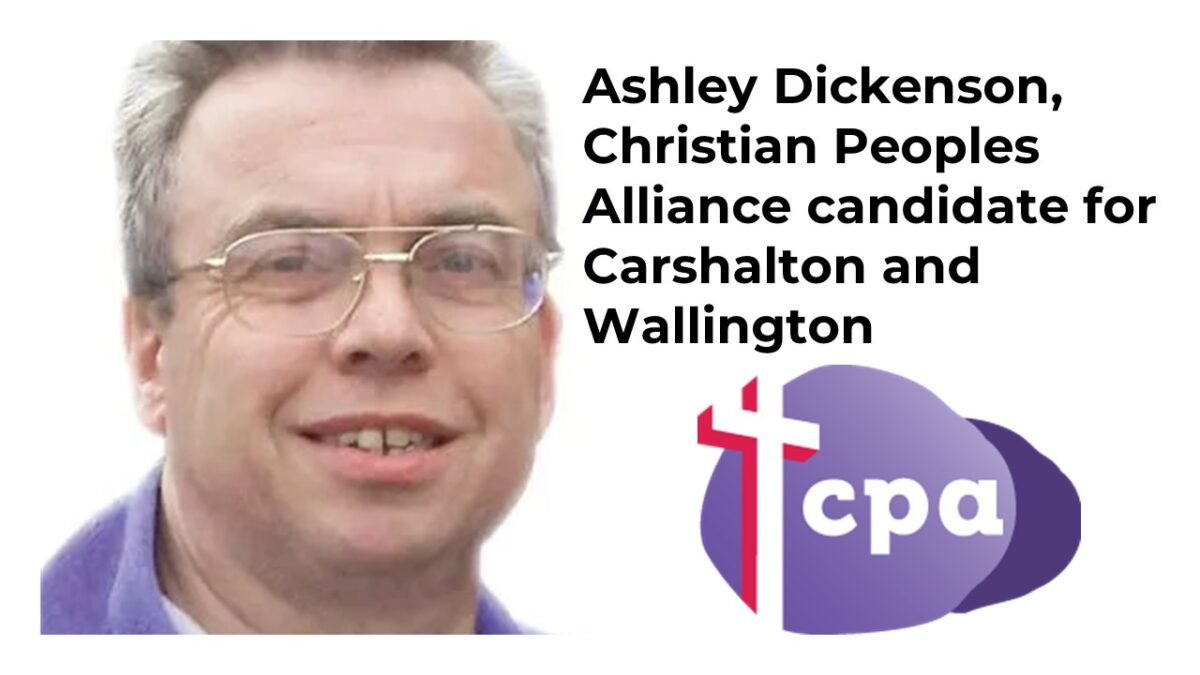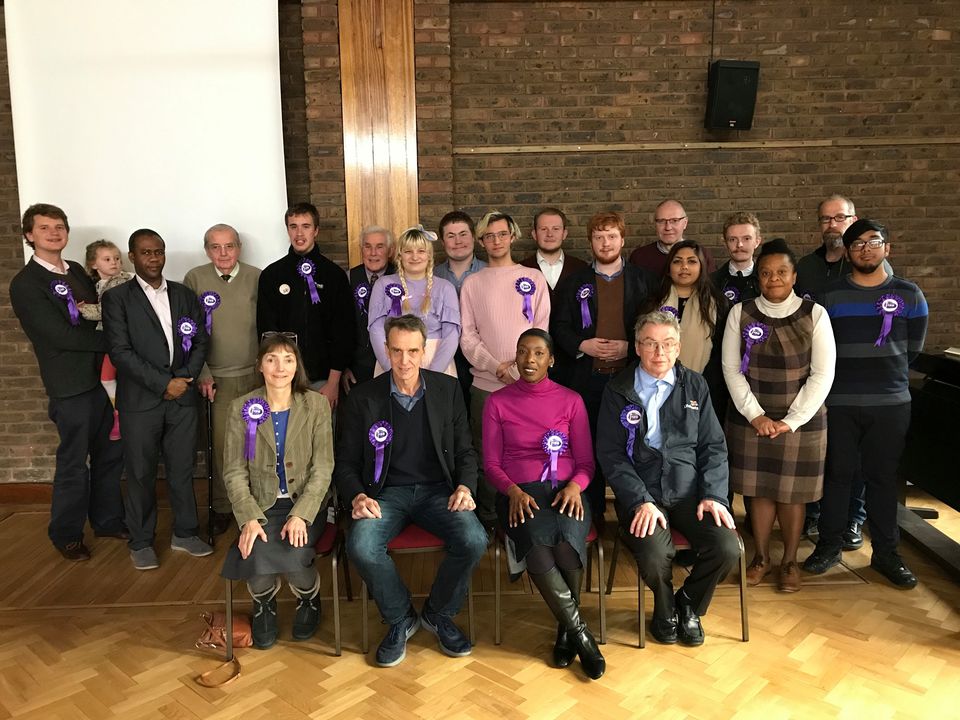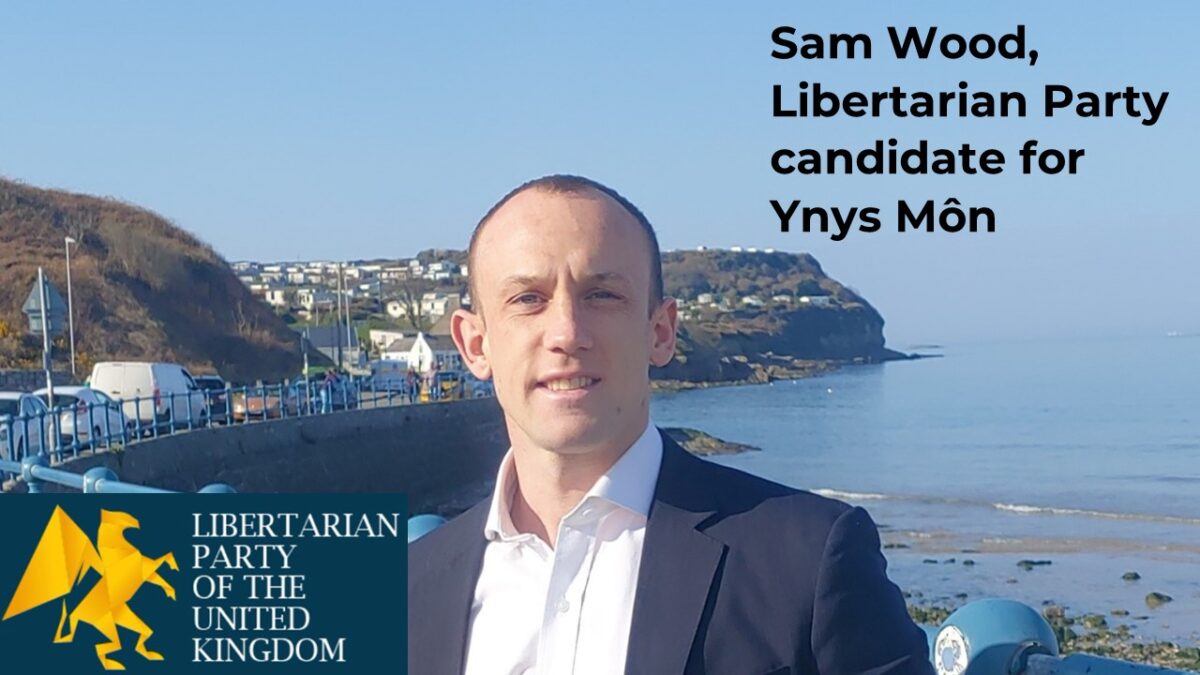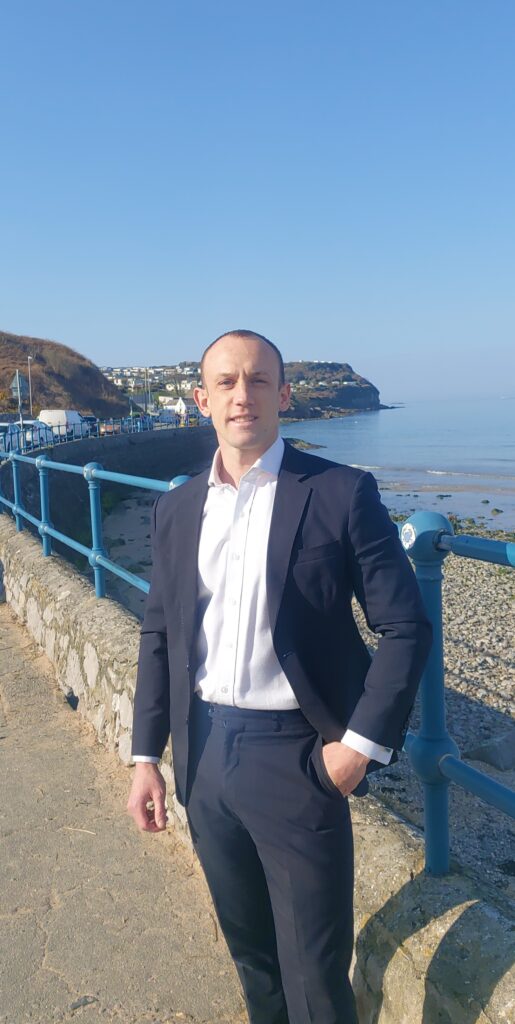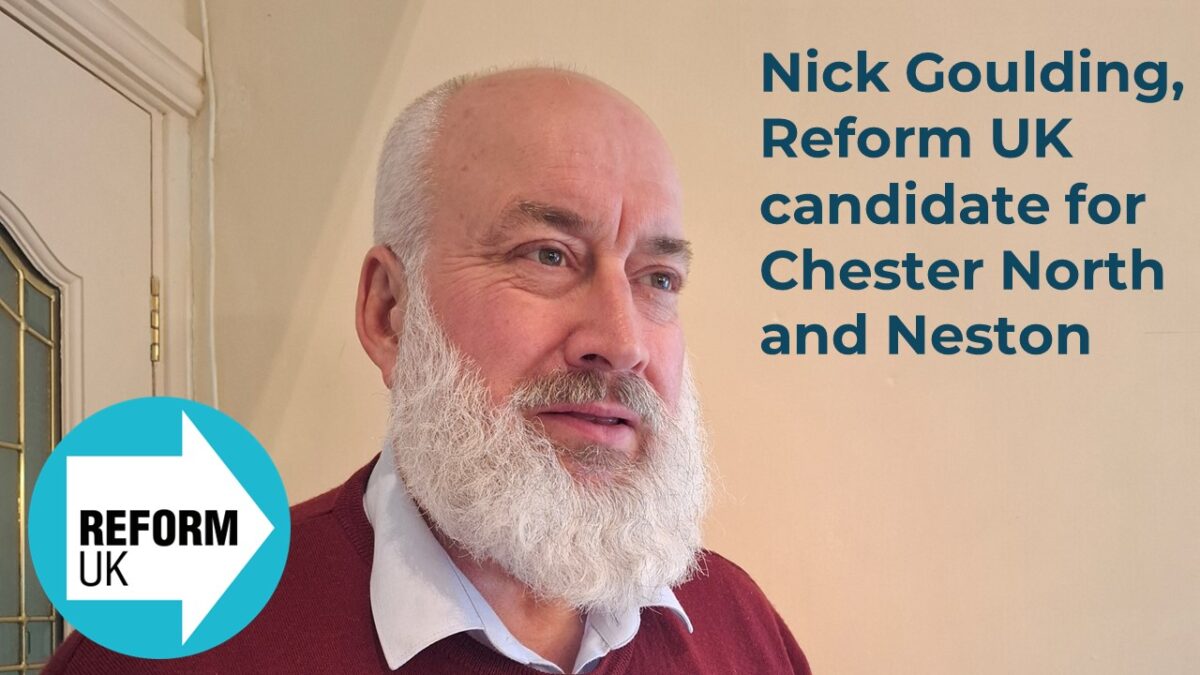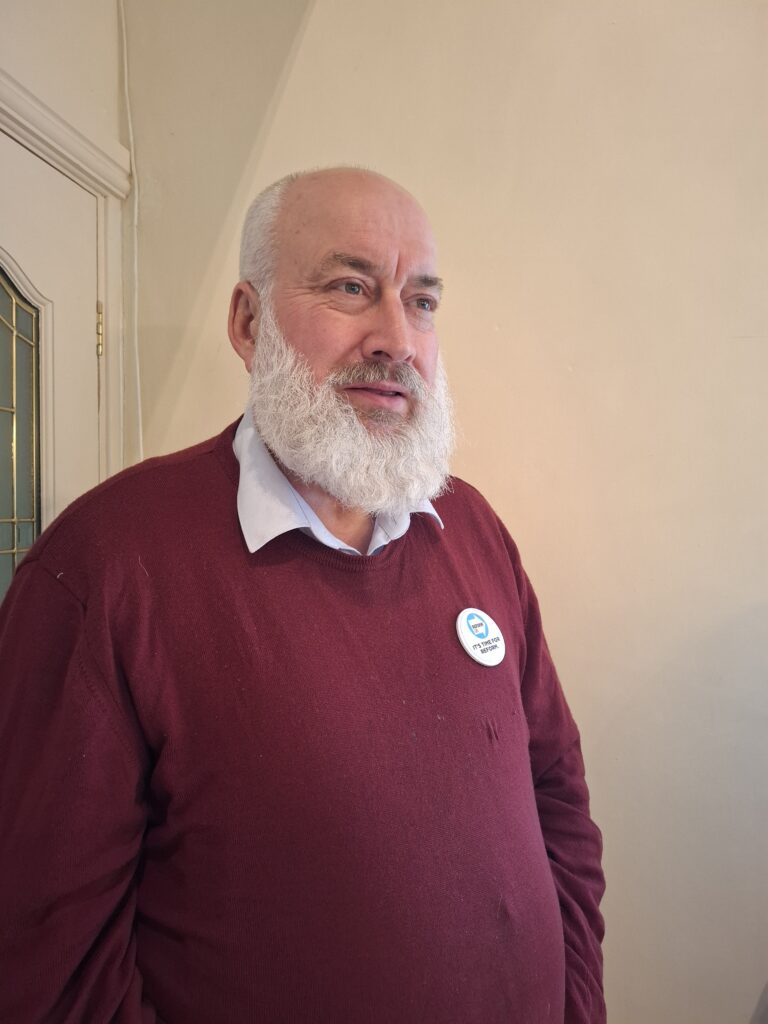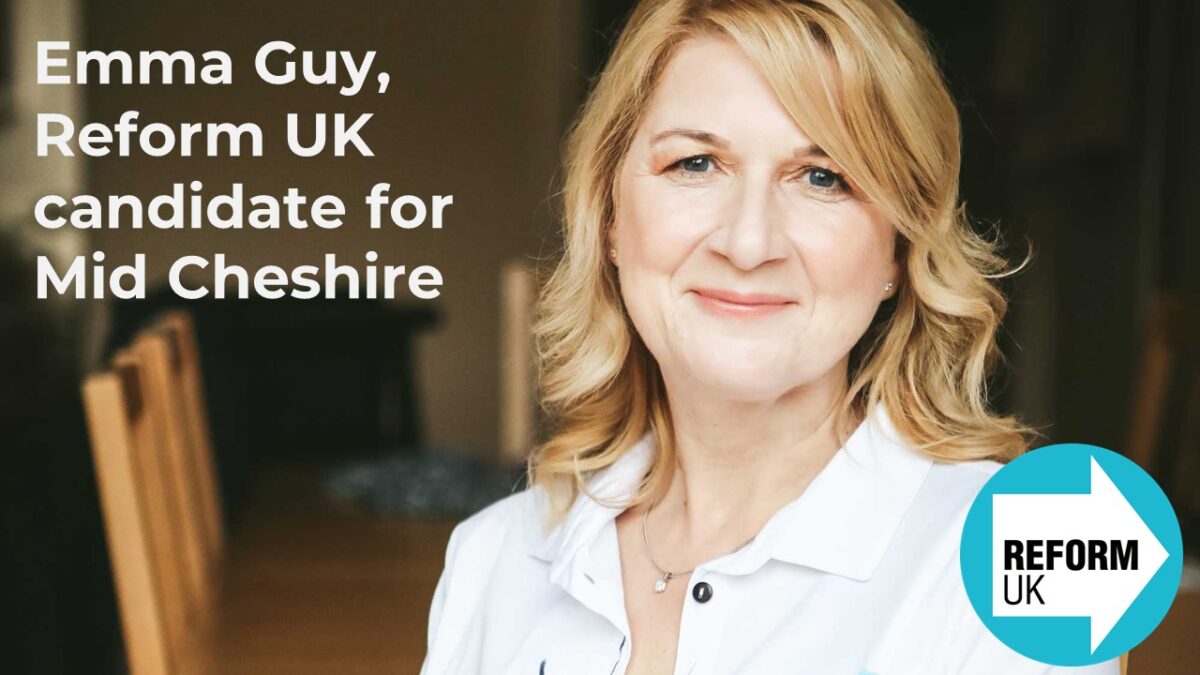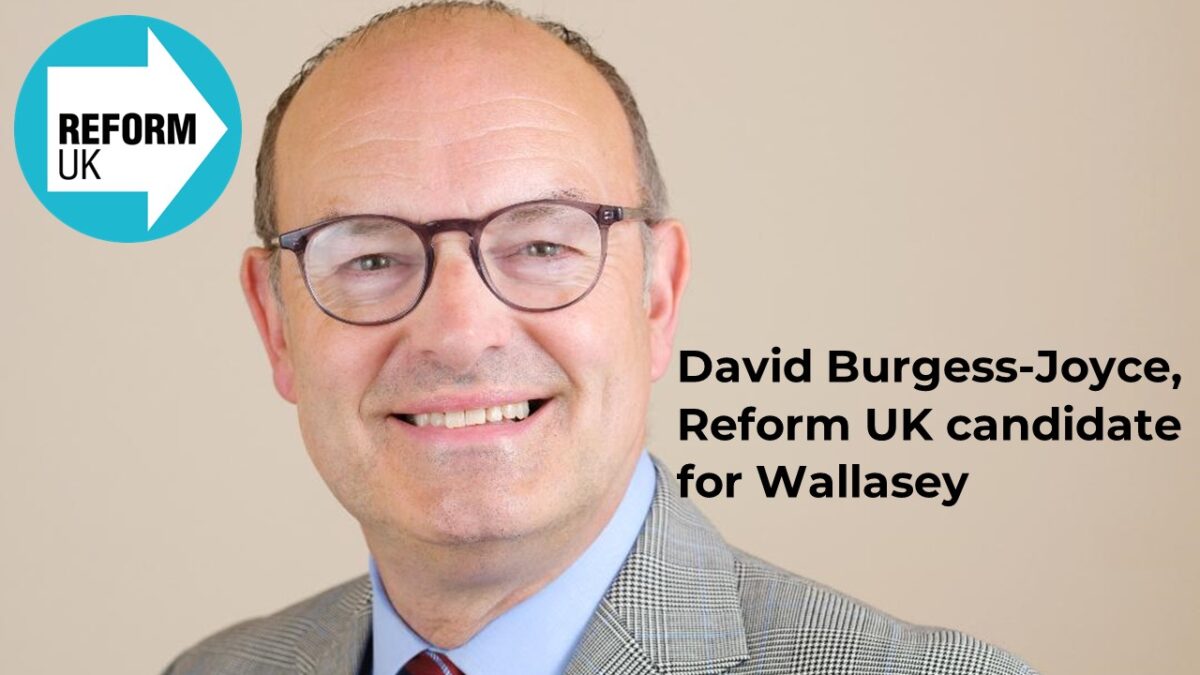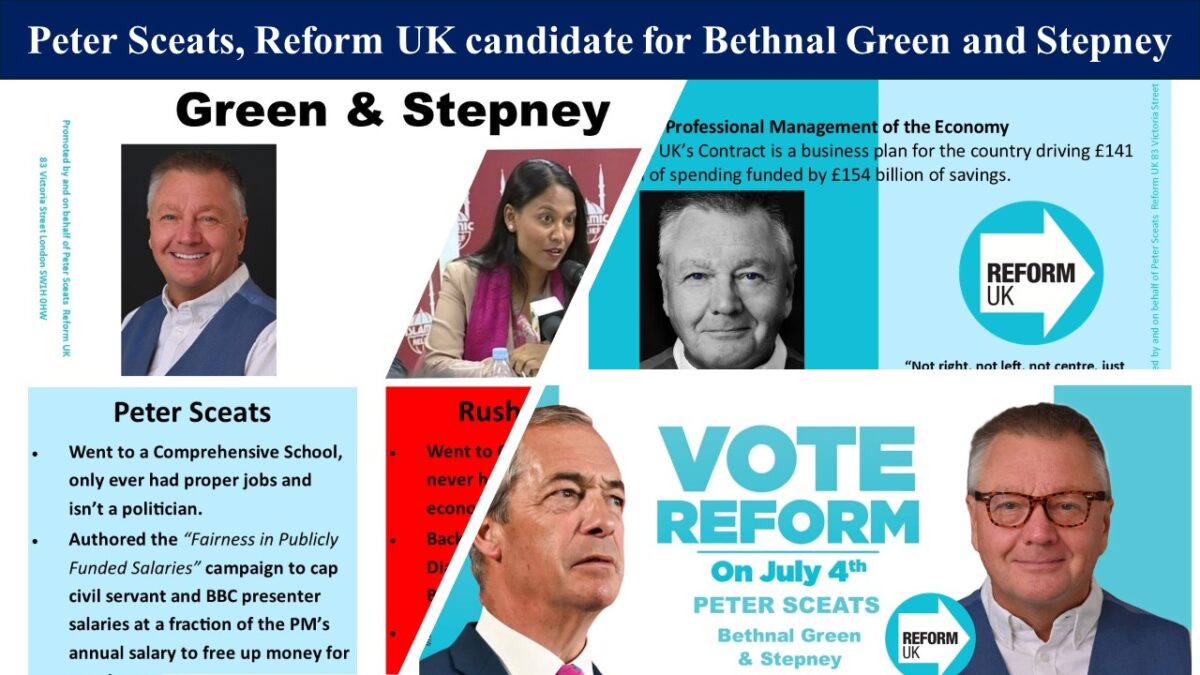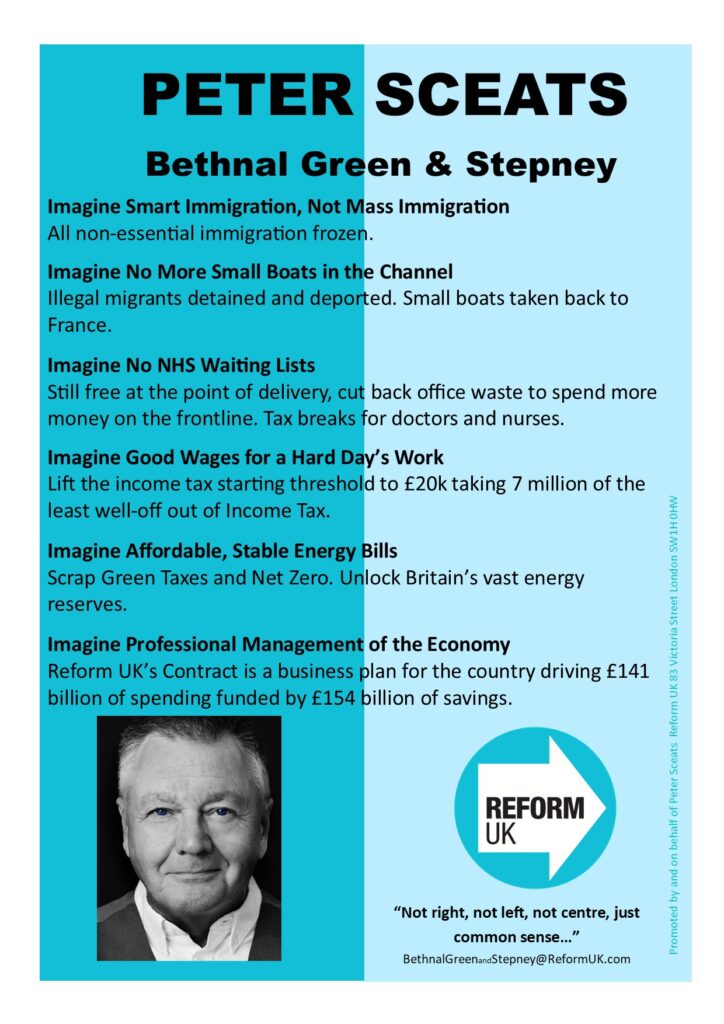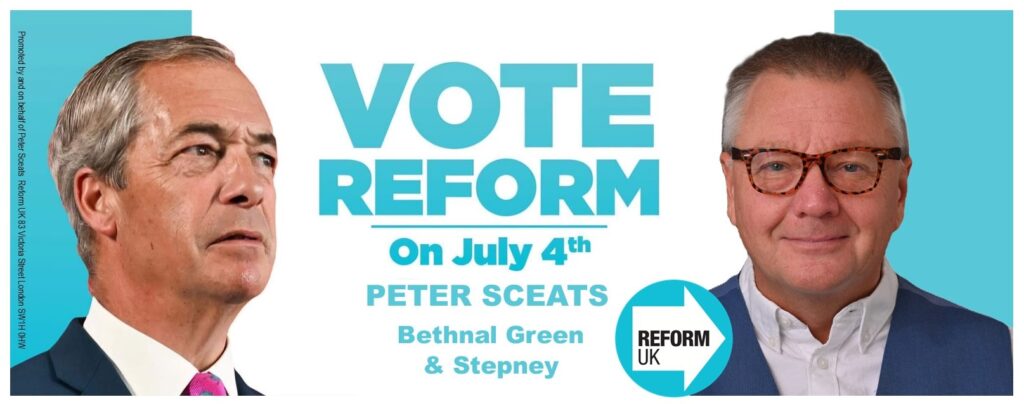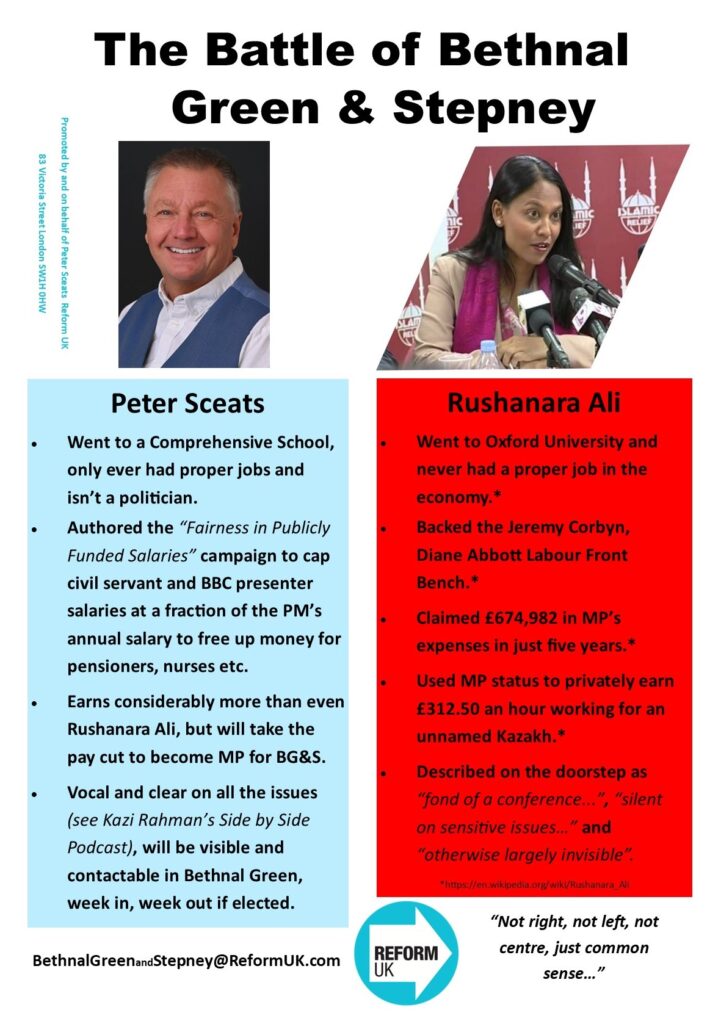“I sat down in February ‘24 to begin to discuss how we would go about things. The SDP in Coventry did not exist at that time”
Some reflections on the 2024 campaign. Like many of you, I’ve bemoaned the capabilities of many of our MP’s. The nadir for me came in 2019 when Jeremy Corbyn parachuted a young lady with several years’ experience working at Primark into the safe Labour seat of Coventry South
In 2023 I met William Clouston of the SDP and over the next 12 months we had dozens of conversations and I became convinced that standing on the side lines was no longer an option. My wife was concerned about potential reputational damage as UK politics appears like a piranha tank. But around January 2024, I decided that I was going to take the plunge. My oldest friend and now parliamentary agent, Paul Crilly, and I sat down in February ‘24 to begin to discuss how we would go about things. The SDP in Coventry did not exist at that time.
Our politics were moderate. We both believed that if you worked 40 hours a week 46 weeks a year you want to be able to afford a modest home of your own. We felt that the government should be competent and not expand its scope beyond what it was capable of delivering successfully.
“As we are experienced construction professionals, neither of us can wrap our heads around the ludicrous costs and time delays of major UK Infrastructure projects like HS2 and Hinckley C”
We’ve both experienced terrible healthcare with the NHS but continue to believe in the principle of a single payer, free at the point of use health service. Neither of us care if it’s a black cat or a white cat so long as it catches mice – we hold no theological views on the NHS. As we are experienced construction professionals, neither of us can wrap our heads around the ludicrous costs and time delays of major UK Infrastructure projects like HS2 and Hinckley C. We are convinced we can do better. We see massive waste on big sites which no politician discusses.
We both believe that natural monopolies belong in the state sector as regulatory capture is unavoidable given the asymmetry of resources (I.e. accountants and lawyers) between the owners and the regulator. Begging the French to build our nuclear power stations is embarrassing. We were on opposite sides of the Brexit referendum, but both agreed that the result should be respected.
My own view is that with the rapid acceleration of technologically driven change it is even more important that our government is flexible and responsive to voters. And that brings me back to our representatives who are, in aggregate, simply not up to the job. Would you hire our current MP for any serious job? I doubt it. We may not win this time, but we will put down the roots of a winning organisation having gone from 0 to 15 volunteers.
“Just by being on the campaign trail and being visible has changed the calculus for people who are trapped in the Labour party but who vehemently oppose many of its trendy shibboleths”
After the holidays, we’ll start to build for the next phase. We’ll build our social media presence across all four major platforms. We’ll create a Coventry wide SDP structure, contribute to the creation of national policy and locally we’ll recruit and start to train our members.
Just by being on the campaign trail and being visible has changed the calculus for people who are trapped in the Labour party but who vehemently oppose many of its trendy shibboleths. I would be disappointed if we are not 50 people by Christmas and that is just the beginning. The public has responded positively to our common-sense proposals. The British people are fair minded and generous, but they have limits and those are being tested. They want cheaper housing, cheaper energy, more training, better paid and higher skilled jobs.
“Many, far too many, maybe as many as 20-25% have given up on politics altogether. This is an indictment of our political class and our elites who’ve become tone deaf to the messages sent”
Having held more than 4000 one-to-one conversations my assessment is that the public want an effective state that can get things done and struck off the ‘to do’ list. They are sympathetic towards LGB rights but reject broader identity politics and don’t want to be told what to think.
Many, far too many, maybe as many as 20-25% have given up on politics altogether. This is an indictment of our political class and our elites who’ve become tone deaf to the messages sent with increasing vigour by the population, contrast this with Denmark.
Politics which offers cheap energy through a new fleet of British designed, British built nuclear power stations regulated through an ‘underwriter certification’ system rather than the unfit for purpose ALARA principle will lay the groundwork for a renaissance of UK manufacturing.
Just last week Britain’s richest man and our leading industrialist Sir Jim Radcliffe warned of the deindustrialisation of Europe due to costly energy. We can’t run an industrial society without cheap dispatchable energy and if it’s not to be fossil fuels, then it has to be nuclear. We are proposing that a new school of Nuclear Engineering, Design and Regulation is established at Warwick University in Coventry South to lead our efforts to deliver rapidly on this urgently needed capacity. We need to treat this like the Mulberry Harbour or the Manhattan Project.
Artificial General Intelligence (AGI) will take 20% of US electricity by 2027 and if we want to stay competitive, we’ll need to INCREASE our grid capacity and ensure its stability. We’re currently co-leading the world in AGI but if we don’t have cheap energy, we’ll become an also ran.
In the 1950s, 60s and 70’s both parties delivered 500k homes a year for a population of 50m souls. We need to get the state back into building houses and simultaneously getting a grip on mass immigration without which no amount of building will eliminate the backlog for 75 million souls. Building creates British jobs, British apprenticeships and British high-weight, low-value products that need to be produced locally. This plus cheap energy will help spur our re-industrialisation. Young people with no stake in society won’t abide by or respect our norms or rules.
They need affordable housing and energy to start families and prevent demographic collapse which in used to justify more immigration or Human Quantitative Easing (HQE) but ignores the externalities bourn overwhelmingly by working class British communities. There’s a general acceptance of controlled immigration that makes us richer but real anger at the mess we’re currently in which has delivered the population of six Birmingham’s in ten years.
I got into this because I’m not willing to accept the country we are leaving to our children. I hope and pray we are not too late.
God bless Coventry!
These reflections were originally published on X/Twitter at https://x.com/mellonsdp6741/status/1808455767013384583?s=46

